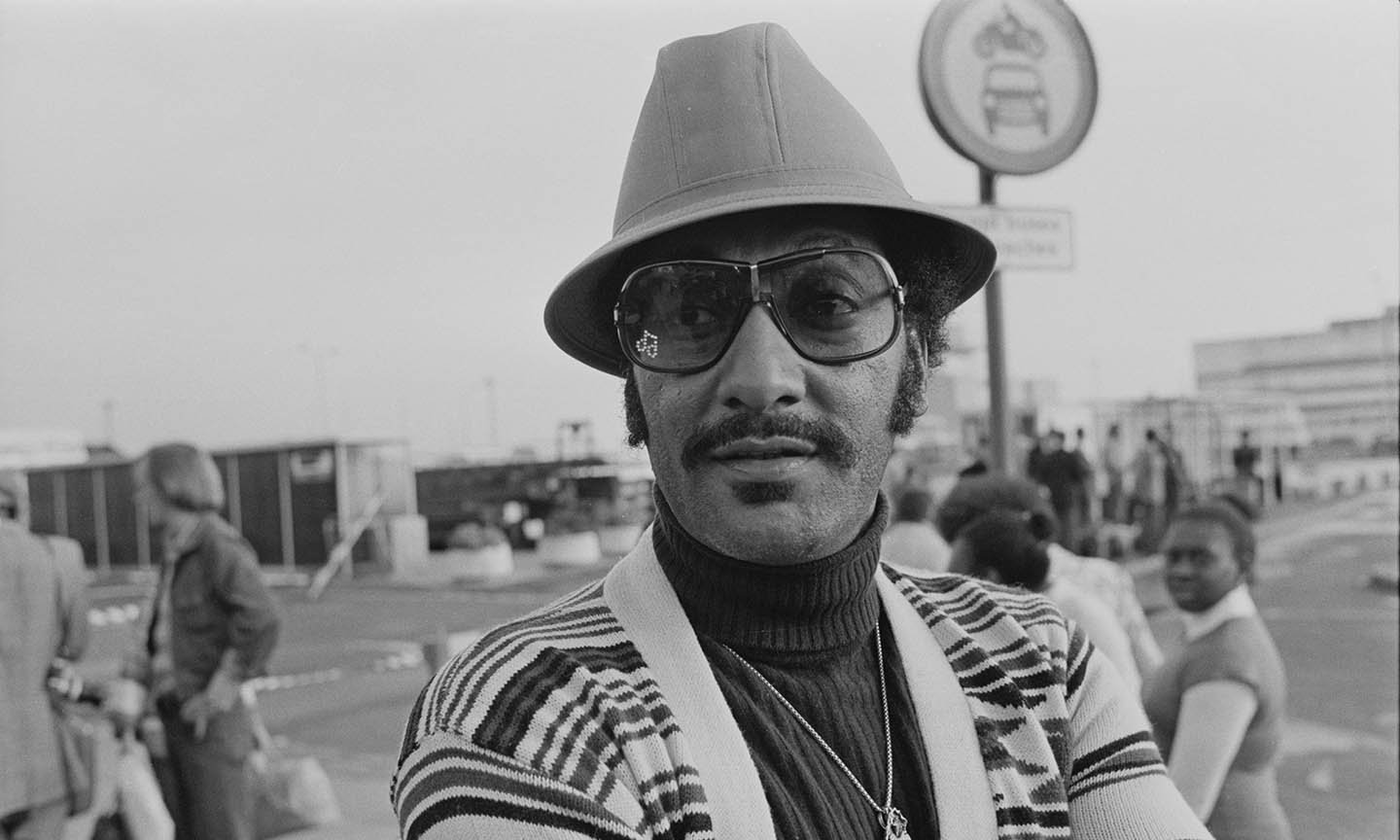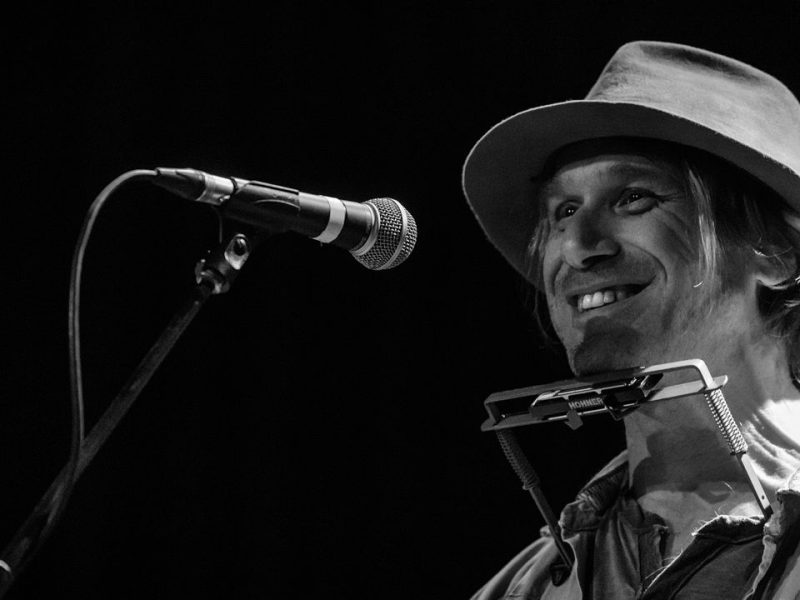‘Duke’ Fakir, the last original member of Motown greats The Four Tops, has passed away.
The Four Tops were quintessential figureheads of the golden era of Motown’s first decade-plus, winning induction into the Rock and Roll Hall of Fame in 1990. They went on to record with distinction at ABC/Dunhill and Casablanca Records before returning to Motown in 1983, and then moving on to Arista. They epitomized the undervalued principle that the group was bigger than any individual member, never recording in their own names despite the Tops’ millions of record sales and singing together in an unbroken line-up for 43 years, until Lawrence Payton’s death.
Abdul Kareem Fakir was born on December 26, 1935, in Detroit of Ethiopian and Bangladeshi lineage. He showed sporting potential at the city’s Pershing High School, playing basketball and football and running track. He met Levi Stubbs through their respective sporting activities and, after Fakir watched the singer excelling with the Lucky Millinder Band, the pair teamed up in early combinations.
They soon combined with Renaldo “Obie” Benson and Payton while still in high school, in a group they first called the Four Aims, with Stubbs taking the lead vocals he would retain throughout the quartet’s history. With mentor Roquel “Billy” Davis (Payton’s cousin) suggesting a name change, Fakir thus became an indispensable cog in the Four Tops’ smoothly oiled vocal machine that nevertheless endured an elongated apprenticeship. The group honed their live act, blending doo-wop and jazz elements, while spending unsuccessful years at Chess (starting with “Could It Be You” in 1956), Red Top, Columbia, and Riverside Records.
They signed with Motown in 1963 after Berry Gordy saw them performing on The Tonight Show, but again played second fiddle to other faster-rising artists before releasing their first single for the company, “Baby I Need Your Loving,” in July 1964. Later that year, when Fakir was separated from his wife, he began a romance with the Supremes’ Mary Wilson; she recalled in her autobiography Dreamgirl: My Life as a Supreme that they became known as the “sweethearts of Motown.”
“It was a time of true happiness,” she wrote. “Duke liked the same things I did – entertaining, signing, decorating the house, collecting furniture, and having people around. Often other acts, such as the Miracles, the Temptations, and the Tops, would rehearse next door at Cholly [Atkins]’s, then drop by.” Wilson and Fakir’s relationship ended amicably after some two years, when he returned to his marriage; they were temporarily reunited when that union ended.
Fakir became a bedrock of the Tops’ vocal sound, content to supply predominantly backing vocals while adding his moves to their slick stage routines. He took his place on an indelible catalog of hits, mostly from the golden pens of Holland-Dozier-Holland, such as “I Can’t Help Myself (Sugar Pie Honey Bunch),” “Reach Out I’ll Be There,” “Standing in the Shadows of Love,” and “Bernadette.”
“Motown really was like a college of music,” Fakir told UK Music Reviews. “We were learning our trade and showmanship together with just how to make hit records. It really was so much fun. A lot of the time we would just go along to Motown and hang out at Hitsville, even when we weren’t recording, which I have to say was very seldom.”
Leaving Motown for the first time in 1972, the group enjoyed new success at ABC Dunhill, working with writer-producers Dennis Lambert and Brian Potter. Notable R&B and crossover pop hits included “Keeper of the Castle” and “Ain’t No Woman (Like the One I‘ve Got).” Fakir’s moments in the spotlight either vocally or in song credits were few, but at Casablanca the group topped the R&B again with 1981’s “When She Was My Girl” and sang with Phil Collins on the Buster soundtrack in 1988, notably on the hit “Loco In Acapulco.”
In June 2021, as Fakir and Broadway producer Paul Lambert worked on a planned musical about the Four Tops, the modern-day group released the spirited song “Freedom” in conjunction with World Environment Day, as part of an environmental awareness campaign. “Sometimes things need to be said,” commented Fakir.
Duke’s autobiography I’ll Be There – My Life with the Four Tops was published in 2022 by Omnibus Press. In it, he openly described overcoming some drug and alcohol issues and triple heart bypass surgery to become a latter-day mentor at his local church.
“A lot of times when I am home alone,” he said in the UK Music Reviews interview, “I still listen to some of those recordings that we made, not just the singles, but I find myself listening to the whole album. I have to say that I feel that a lot of those songs are still sounding just as good today as they did forty and fifty years ago.
“To me, they still feel fresh and have a wonderful feeling and sound to them, and I am so very proud that we got the chance to record such wonderful songs. I am totally amazed that our music has lasted that long.”



